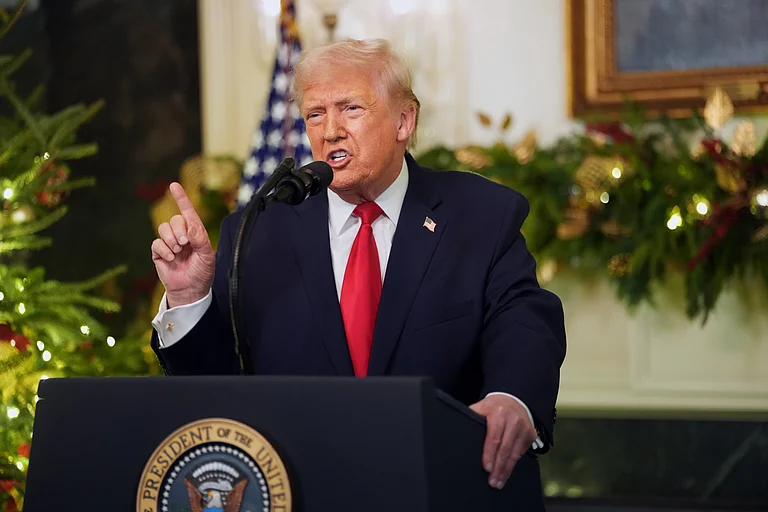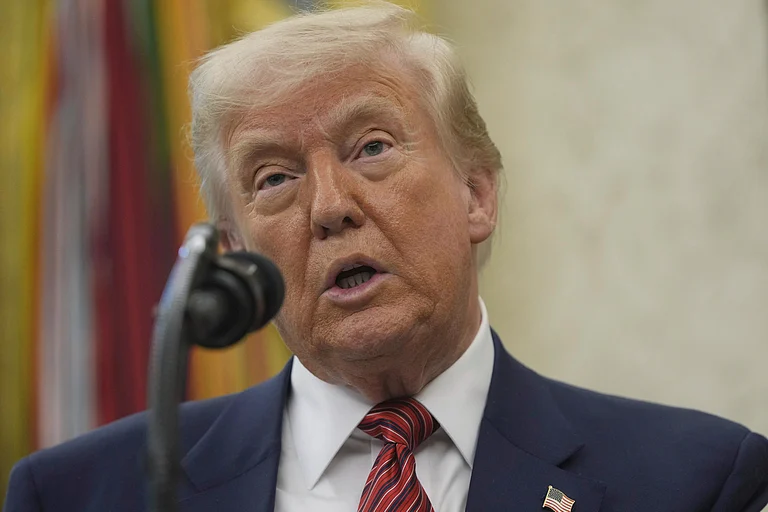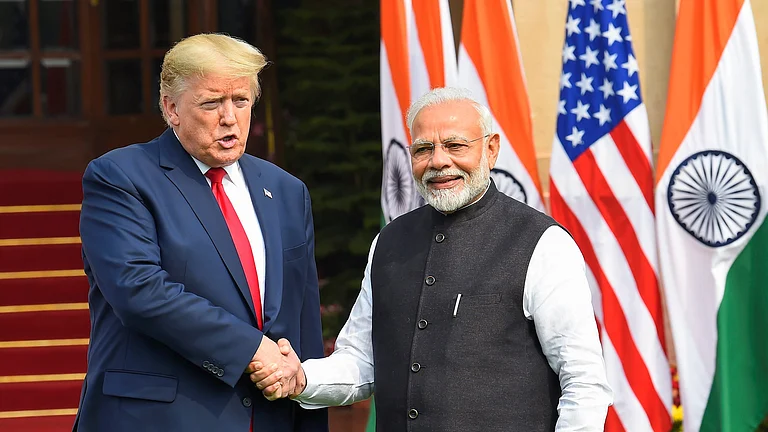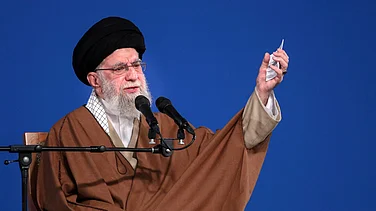
On September 25, 2025, President Donald Trump announced a 100% tariff on branded and patented drugs, effective October 1, 2025, sparing generics but impacting India’s $20 billion annual export to the U.S.
Indian pharmaceutical companies, including Sun Pharma, Dr Reddy’s Laboratories, Cipla, Lupin, and Aurobindo Pharma, which account for nearly 40% of U.S. generic supply, face pressure to build U.S. plants to maintain market access.
As of 09:32 AM IST on September 26, 2025, the policy’s focus on boosting U.S. manufacturing has left India’s generic drug sector preparing for potential economic and operational challenges.
President Donald Trump unveiled a sweeping 100% tariff on branded and patented pharmaceutical imports, set to take effect on October 1, 2025. This bold move, announced as of 09:32 AM IST on Friday, September 26, 2025, exempts generic drugs but has sent ripples through India, a global leader in generic medicine production. India, which exports approximately $20 billion worth of generics to the U.S. annually, now faces a complex landscape as the policy aims to bolster American manufacturing.
The tariff targets foreign pharmaceutical companies, as cited by PTI, requiring them to establish production facilities in the U.S. to avoid the duties. This has put India’s pharmaceutical giants—Sun Pharma, Dr Reddy’s Laboratories, Cipla, Lupin, and Aurobindo Pharma—under scrutiny. These companies collectively supply nearly 40% of the U.S. generic drug market, making India a critical player in ensuring affordable healthcare access for Americans. Despite the exemption for generics, the policy’s emphasis on local production raises concerns about supply chain stability and long-term market access.
According to Th Hindu, the tariff could compel companies to invest in U.S.-based plants, a costly endeavor that might strain resources and increase drug prices. The Indian government has yet to issue an official response, but trade experts anticipate negotiations to mitigate the fallout. This development marks a significant shift in U.S.-India pharmaceutical relations, with potential ripple effects on global healthcare markets.


























